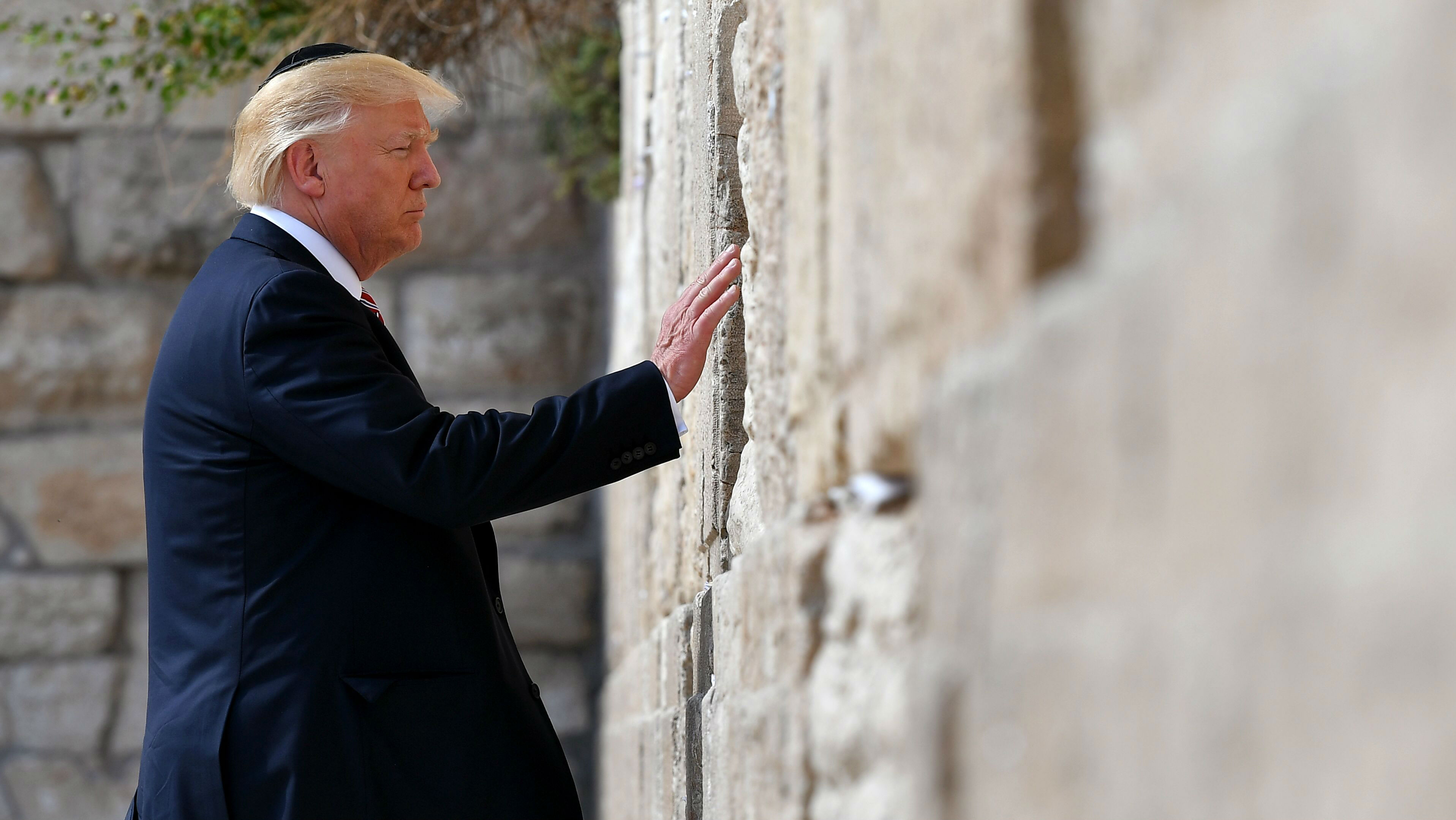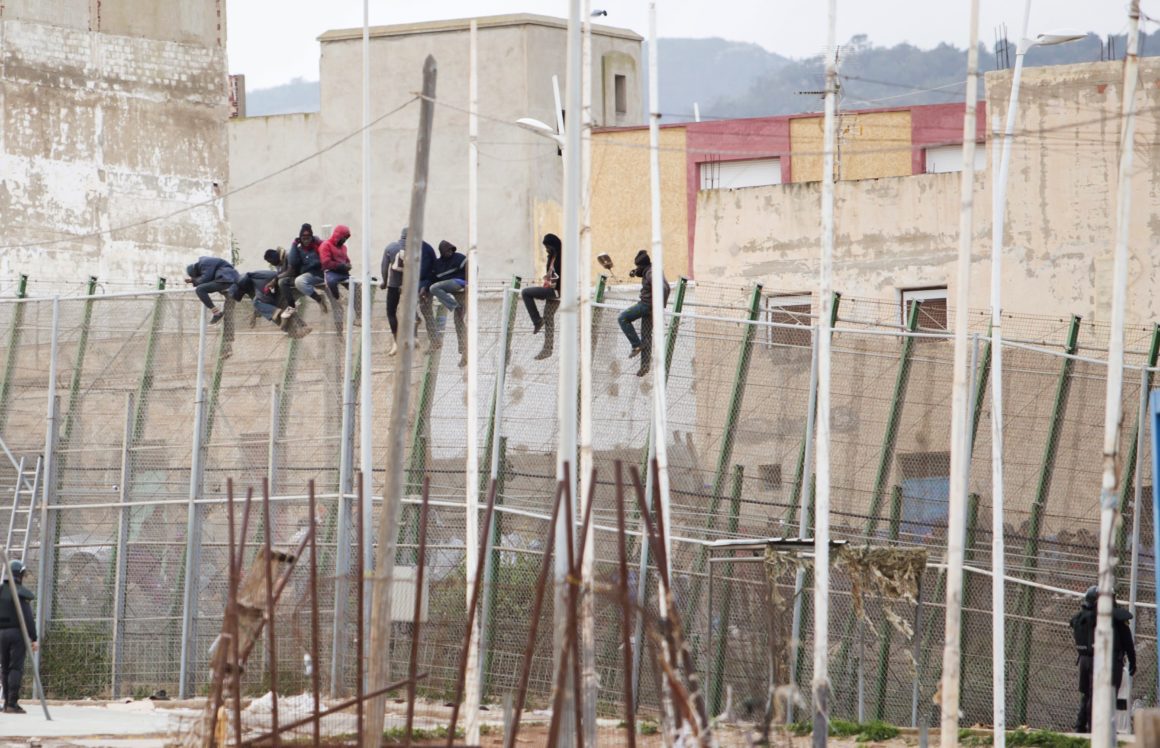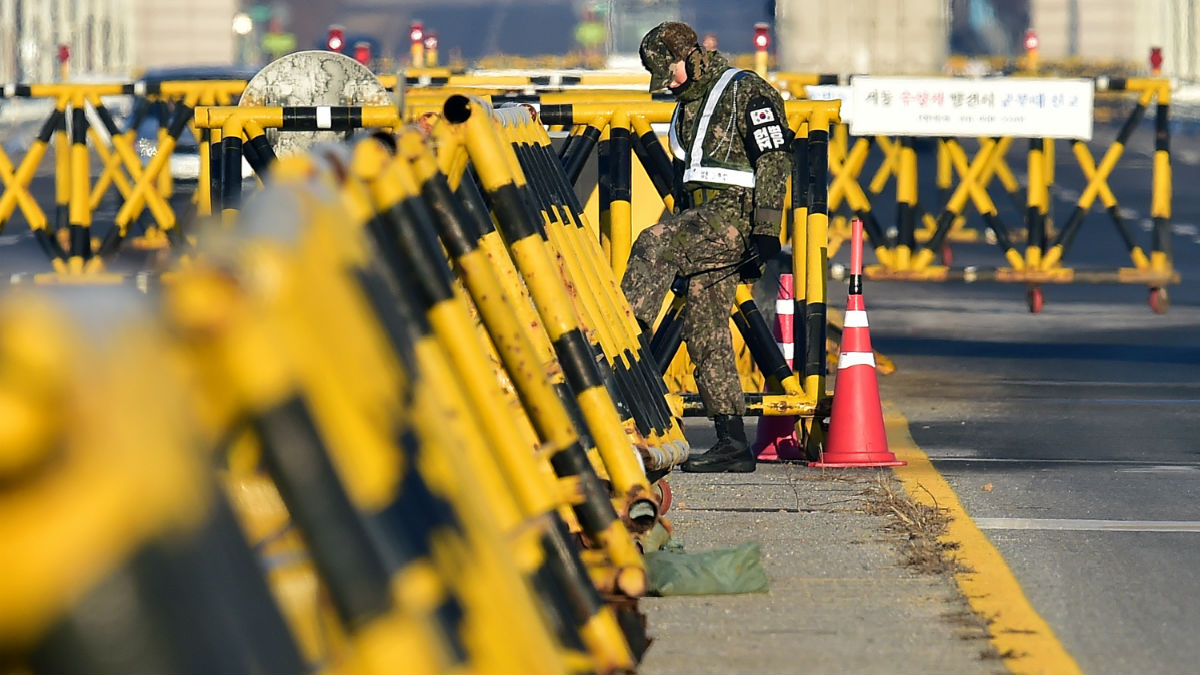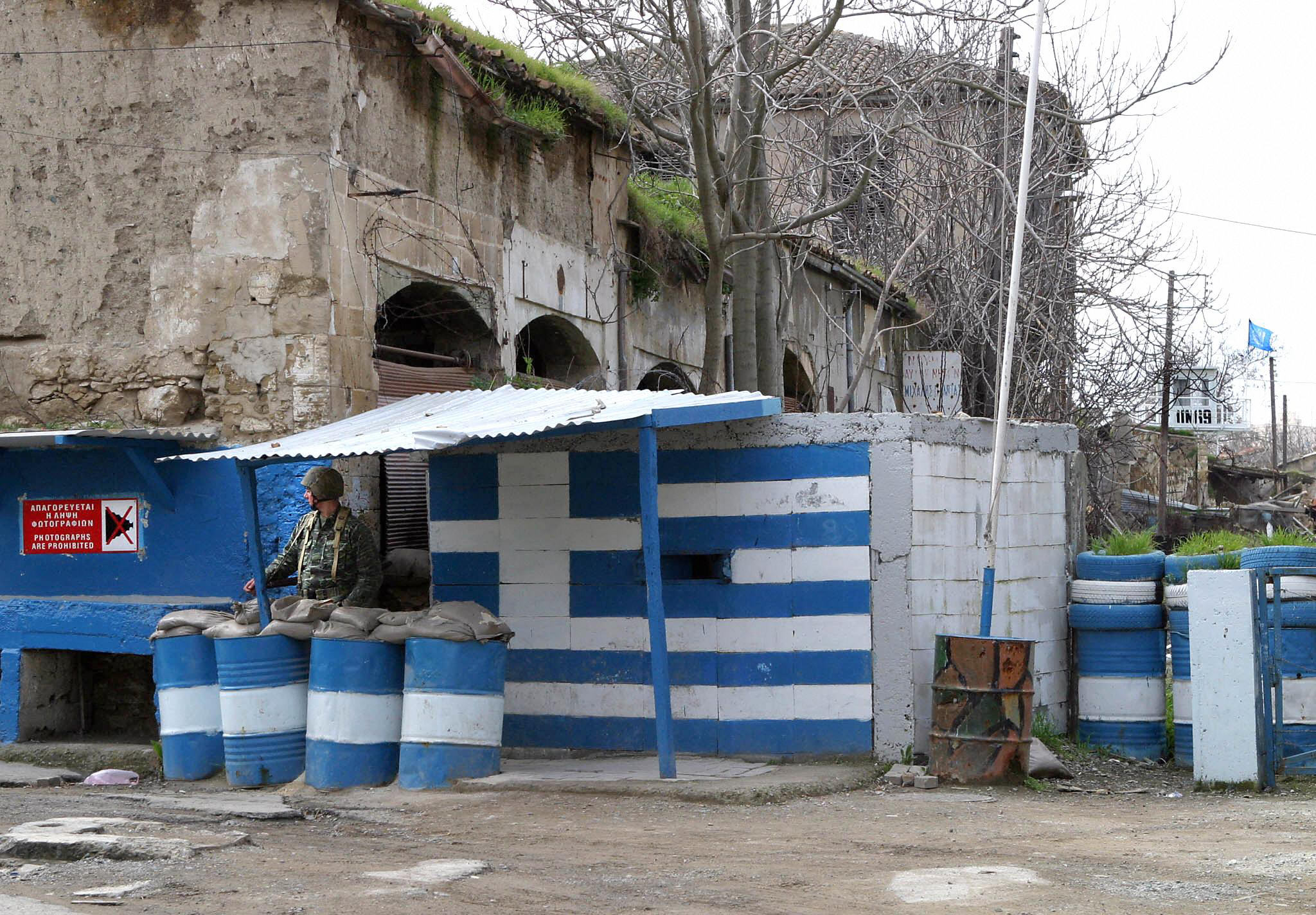How would Trump's Mexican wall work?
With the US President threatening to 'do what it takes' to build a wall, The Week looks abroad for inspiration

A free daily email with the biggest news stories of the day – and the best features from TheWeek.com
You are now subscribed
Your newsletter sign-up was successful
Donald Trump doubled down on his Mexico wall rhetoric last night, threatening to "close government" if lawmakers failed to approve funds to build a walled border across the southern US.
During a wide-ranging, 80-minute speech in Phoenix, the US President told supporters that opposition Democrats were being "obstructionist" over what he likes to call his "big, beautiful wall" with Mexico.
The House of Representatives has passed a spending bill with funding for the costly project, but it faces an "uncertain future" in the Senate, the Daily Telegraph reports.
The Week
Escape your echo chamber. Get the facts behind the news, plus analysis from multiple perspectives.

Sign up for The Week's Free Newsletters
From our morning news briefing to a weekly Good News Newsletter, get the best of The Week delivered directly to your inbox.
From our morning news briefing to a weekly Good News Newsletter, get the best of The Week delivered directly to your inbox.
With a budget battle looming, Trump said he would be willing to do whatever it takes to secure funding. "If we have to close down our government, we're building that wall," he said. "We're going to have our wall. The American people voted for immigration control. We're going to get that wall."
The fight is "likely to explode in September as the administration wrangles over a new budget, an increase in the debt ceiling, the beginning of a tax reform package and a possible resuscitation of health care legislation," says Politico.
"There's a reason why not one member of Congress hailing from a border state, Republican or Democrat, supports a physical barrier," says The Hill.
Keeping out the neighbours
A free daily email with the biggest news stories of the day – and the best features from TheWeek.com
Building an effective wall along a country's border has been a popular proposition in the 20th and 21st centuries. Since the fall of the Berlin Wall, more than 40 countries around the world have built barriers.
"The majority have cited security concerns and the prevention of illegal migration as justifications," says The Economist.
Here are some of the examples Trump may be looking to follow:
Spain and Morocco

Contrary to popular belief, the whole of Spain doesn't fit neatly into the Iberian Peninsula. The towns of Ceuta and Melilla form the only two land borders between the European Union and an African country.
Spain's control of these two cities dates back hundreds of years but it wasn't until 1995 that the country built the first modern fence — with funding from the EU – with the specific goal of keeping immigrants out. In September 2005, its height was doubled to nearly 20ft after thousands of sub-Saharan African immigrants tried to climb over the fences in several waves. Roughly 700 made it past the fences, while six died in clashes with Moroccan security forces.
South Korea and North Korea

Perhaps the most famous border wall of them all is the Demilitarised Zone between North Korea and South Korea. It has stood for more than 60 years – the peninsula was split in two following the end of the Korean War in 1953.
The DMZ is, of course, not really a border at all considering the two nations are still, technically, at war but the area is filled with fences and concrete barriers, mines and tunnels, as well as large numbers of nervous troops.
The line is so precarious that "South Korean soldiers still hold hands when opening rarely used conference rooms in the joint security area of the Korean Demilitarized Zone (DMZ) as a precaution against being pulled over the border by North Korean soldiers," says Vice News.
Cyprus

One of Europe's lesser-known border walls, the UN Buffer Zone in Cyprus was built in 1974 following a Cyprus National Guard coup that led to Turkish military intervention and escalated the civil war between the Greek and Turkish communities on the island. The dividing line, which cuts straight through the capital Nicosia and across the rest of the island, ranges from 11 feet at its narrowest to 4.6 miles at its widest.
The EU and UN recognise the island's south side, while only Turkey can trade with the north. "This division, and by relation the wall, has played a role in keeping Turkey out of the European Union," says journalist Nickolaus Hines.
-
 Quentin Deranque: a student’s death energizes the French far right
Quentin Deranque: a student’s death energizes the French far rightIN THE SPOTLIGHT Reactions to the violent killing of an ultra-conservative activist offer a glimpse at the culture wars roiling France ahead of next year’s elections.
-
 Secured vs. unsecured loans: how do they differ and which is better?
Secured vs. unsecured loans: how do they differ and which is better?the explainer They are distinguished by the level of risk and the inclusion of collateral
-
 ‘States that set ambitious climate targets are already feeling the tension’
‘States that set ambitious climate targets are already feeling the tension’Instant Opinion Opinion, comment and editorials of the day
-
 Trump touts pledges at 1st Board of Peace meeting
Trump touts pledges at 1st Board of Peace meetingSpeed Read At the inaugural meeting, the president announced nine countries have agreed to pledge a combined $7 billion for a Gaza relief package
-
 Why are election experts taking Trump’s midterm threats seriously?
Why are election experts taking Trump’s midterm threats seriously?IN THE SPOTLIGHT As the president muses about polling place deployments and a centralized electoral system aimed at one-party control, lawmakers are taking this administration at its word
-
 ‘Restaurateurs have become millionaires’
‘Restaurateurs have become millionaires’Instant Opinion Opinion, comment and editorials of the day
-
 Should the EU and UK join Trump’s board of peace?
Should the EU and UK join Trump’s board of peace?Today's Big Question After rushing to praise the initiative European leaders are now alarmed
-
 Witkoff and Kushner tackle Ukraine, Iran in Geneva
Witkoff and Kushner tackle Ukraine, Iran in GenevaSpeed Read Steve Witkoff and Jared Kushner held negotiations aimed at securing a nuclear deal with Iran and an end to Russia’s war in Ukraine
-
 Kurt Olsen: Trump’s ‘Stop the Steal’ lawyer playing a major White House role
Kurt Olsen: Trump’s ‘Stop the Steal’ lawyer playing a major White House roleIn the Spotlight Olsen reportedly has access to significant US intelligence
-
 Trump’s EPA kills legal basis for federal climate policy
Trump’s EPA kills legal basis for federal climate policySpeed Read The government’s authority to regulate several planet-warming pollutants has been repealed
-
 ‘This is something that happens all too often’
‘This is something that happens all too often’Instant Opinion Opinion, comment and editorials of the day